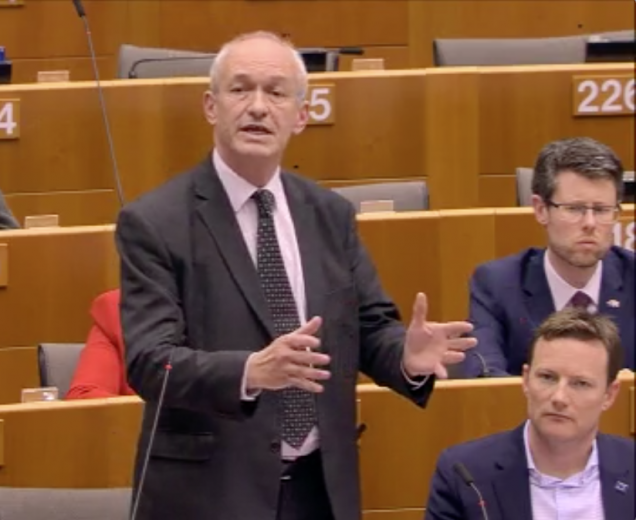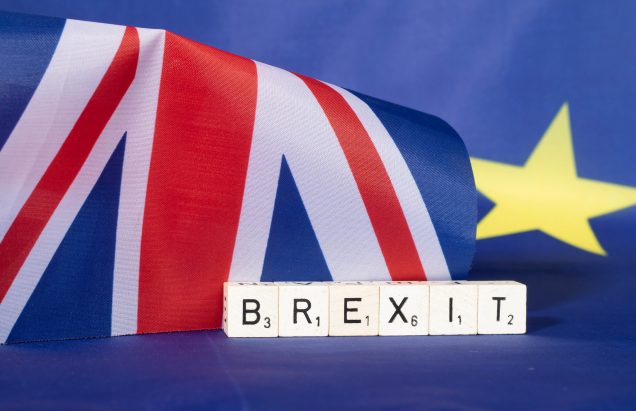When we can’t trust the mainstream media or even our own government to talk straight on European issues, whom can we trust?
A strikingly well-informed and constructive policy briefing on the importance of European issues was jointly published yesterday by the UK’s free churches (Methodists, Baptists and United Reformed). The briefing provides a Christian perspective on European political issues, but one that can easily be shared by others too.
Its main point is that everyone should vote wisely in the European elections:
MEPs have an important job to do in shaping the laws of the society we live in and it is important to remember that these elections are for people to represent us in the European Parliament and not an opinion poll on the EU, or a warm up for the next General Election.
Among the many excellent points made in the briefing, the churches emphasise that the EU created and now supports an unprecedented era of peace across a continent previously ravaged by war:
As we vote in European elections, it is valuable to remember the people of various nations and denominations in Europe who lived and died so that we might enjoy the rights and responsibilities of democracy. […] The current structure of the EU reflects its founders’ concern to cement a lasting peace between countries that had almost destroyed each other through two World Wars. For this reason, values which are important to Christians such as international co-operation, human rights and peaceful resolution of conflict were central to the original concept of the EU.
On the practical benefits of the modern EU:
Some contemporary issues which Christians are most concerned about can only be addressed effectively across national borders, for example, the environment and climate change; international crime, drug and people trafficking; some issues around peacemaking. The EU is also a crucial player in the provision of food aid to alleviate drought and famine.
On migration:
The movement of people throughout the EU comes with both opportunities and challenges. It is, however, important to note that the much talked about problems of ‘benefit tourism’ or ‘health tourism’ has never been supported by serious evidence – and both UK Government and EU studies have found no reason to believe that this is a problem. Because EU migrants tend to be younger and healthier than average, they contribute more in tax than they take out in benefits and services. The effects of EU migration on unemployment and wages are contested but most studies suggest the overall effects are small.
On climate change:
Climate change does not stop at any nation’s borders and is a classic example of a global problem that needs international cooperation. […] The UK has been a significant force in shaping the EU’s international and domestic climate policy over the last two decades. The UK’s Climate Change Act (which was supported by churches and campaign agencies) stipulates carbon targets and five-year carbon budgets to reduce emissions. It provides an example for other EU states to follow.
As well as urging Christians to use their vote wisely, the churches also point to a number of areas where engaging with elected MEPs could help to achieve important ends, including on issues related to human rights, tax justice and international trade.
Finally, I was most relieved to see the churches keeping a sense of perspective about the importance of the political process:
No political programme can be equated with the coming kingdom of God.
I suppose that’s true.




